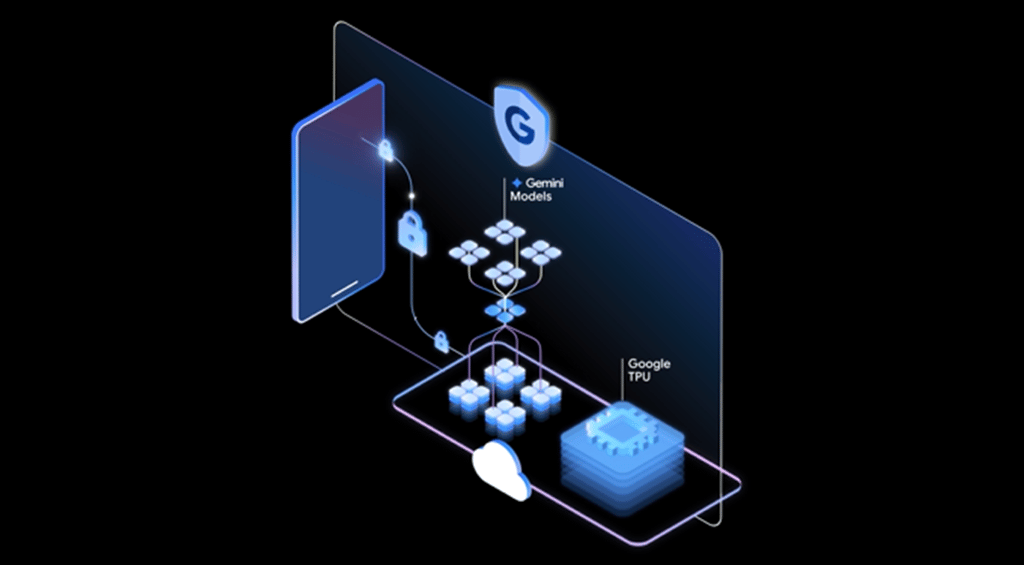Datamation content and product recommendations are
editorially independent. We may make money when you click on links
to our partners.
Learn More
Microsoft said it is blocking Israeli military access to its cloud and AI services, marking the first known case of a U.S. technology company withdrawing services from the Israeli military since the Gaza conflict began.
According to an exclusive by The Guardian, pressure had been building from employees, then came an investigation showing Microsoft tech was powering mass surveillance of Palestinian civilians, processing up to a million calls per hour.
This is a major reversal as just four months ago, Microsoft defended its relationship with the Israeli Ministry of Defense, saying there was no evidence of misuse.
The investigation that forced Microsoft’s hand
Momentum flipped when The Guardian published an investigation last month. It detailed how Israel’s Unit 8200 (the Intelligence Corps unit of the Israel Defense Forces) built a massive surveillance system on Microsoft’s Azure cloud. The system was storing millions of intercepted Palestinian phone calls every day in Microsoft data centers in the Netherlands.
Microsoft ordered an urgent external inquiry, bringing in Covington & Burling to investigate. Within days of the report, Unit 8200 swiftly moved the surveillance data off Microsoft’s servers, with plans to shift to Amazon Web Services.
A senior Microsoft executive delivered a message to Israeli officials, saying the company had “identified evidence that supports elements of the Guardian’s reporting” and that Microsoft “is not in the business of facilitating the mass surveillance of civilians.”
Employee protests
Microsoft has faced escalating employee protests over its ties to the Israeli military for months, including activists who occupied President Brad Smith’s office two weeks ago. The company’s response, firing four employees, only sharpened the spotlight.
Seven months ago, Associated Press revealed that Israeli military use of Microsoft’s AI had spiked nearly 200 times after the horrific Hamas attack on October 7, 2023. Data stored by the Israeli military on Microsoft servers doubled to more than 13.6 petabytes between March and July 2024.
Inside the company, the group “No Azure for Apartheid” pushed for transparency, and their petition drew 1,527 employee signatures.
What happens when tech giants draw the line
The termination applies only to specific services used by Unit 8200 for surveillance operations, while Microsoft’s broader commercial relationship with the IDF continues.
Smith underscored the policy in an internal memo to staff: “We do not provide technology to facilitate mass surveillance of civilians. We have applied this principle in every country around the world, and we have insisted on it repeatedly for more than two decades.” The company is also implementing new processes for employees to report suspected misuse.
This news has the potential to create a serious pause in boardrooms across Silicon Valley. Perhaps there will be stricter oversight for military contracts, new guardrails around commercial AI in warfare, and more whistleblowers willing to speak up.







